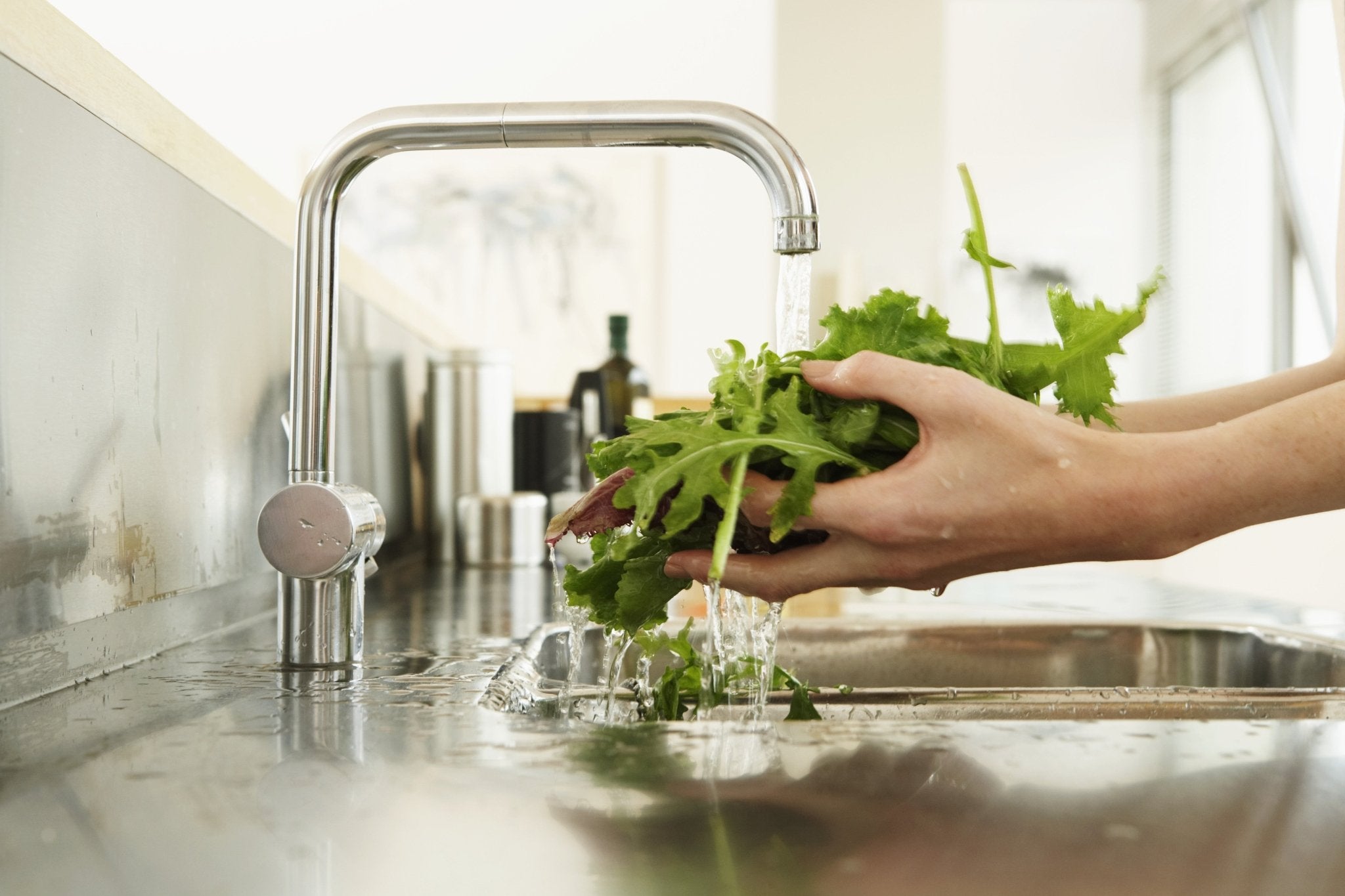
Using Water Efficiently is a Must for the Environment
Water is a finite natural resource, and we must conserve it. Aquifers are emptying and are not replenishing with rainfall and snowpack. Weather cycles are unpredictable. Parts of the world are in severe drought, and others are flooding. We must make the water we have stretch as far as possible, and we need to adapt to the changing climate.
At home, the first place to begin conserving water is to make sure there are no leaks in any of your plumbing. Check all fixtures and water lines. Leaks increase the water demand in your house and cost you money.
Install high-efficiency fixtures, such as low-flow shower heads and faucets. If you are not part of the group that abides by ‘If it’s yellow, let it mellow. If it’s brown, flush it down,’ consider dual flush toilets. There are two buttons for flushing. One uses a small amount of water for pee, and the other uses more water for solids. Most toilets now are low-flush, but there is also an ultra-low-flush, which uses even less water. If you can, invest in these fixtures to save water and reduce your water bill.
Get a front-loading washing machine, which uses one-third the water of a top loader. It is also gentler on your clothes, which means they will last longer. You will save on your hot water bill, too, with reduced water usage.
There are now high-efficiency dishwashers that use as little as three gallons per use. Be sure to only run the dishwasher and clothes washer with full loads.
Re-use water. When you are waiting for water to heat up in the shower or sink, don’t let it run down the drain while it comes to the right temperature. Fill a bucket or bowl, and use that clean water elsewhere, like giving water to the pets, flushing the toilet, or watering houseplants. Wash vegetables in a bowl in the sink instead of under running water and reuse the rinse water. You can also recycle water used for steaming or boiling vegetables.
Set up a greywater system so your washing machine and shower drains are directed to your landscape plants. Get an outdoor water catchment system for indoor use with a filtration system, or for irrigating your vegetable garden and fruit trees. Check for local laws on rainwater harvesting.
Changing Habits
Be aware of how you use water, and watch for ways to change your habits. Here is a pretty exhaustive list of other ways to save water.
By conserving water at home, you also reduce the energy expenditure of your water company. Getting water from its source, such as a reservoir, through a treatment plant and to your home is very energy intensive. By reducing your water use, you reduce the use of fossil fuels in your community as well.
Local, state, and federal governments must also do their part to lower water demand. Efficient fixtures need to be installed in public buildings and schools, and there needs to be rebates and incentives. Water conservation should be taught in elementary school, too.
Water is life! Treat is as the precious commodity it is!
Would you like to be the first to hear about our new products and more?
Sign up for our Nature’s Path Newsletter.

